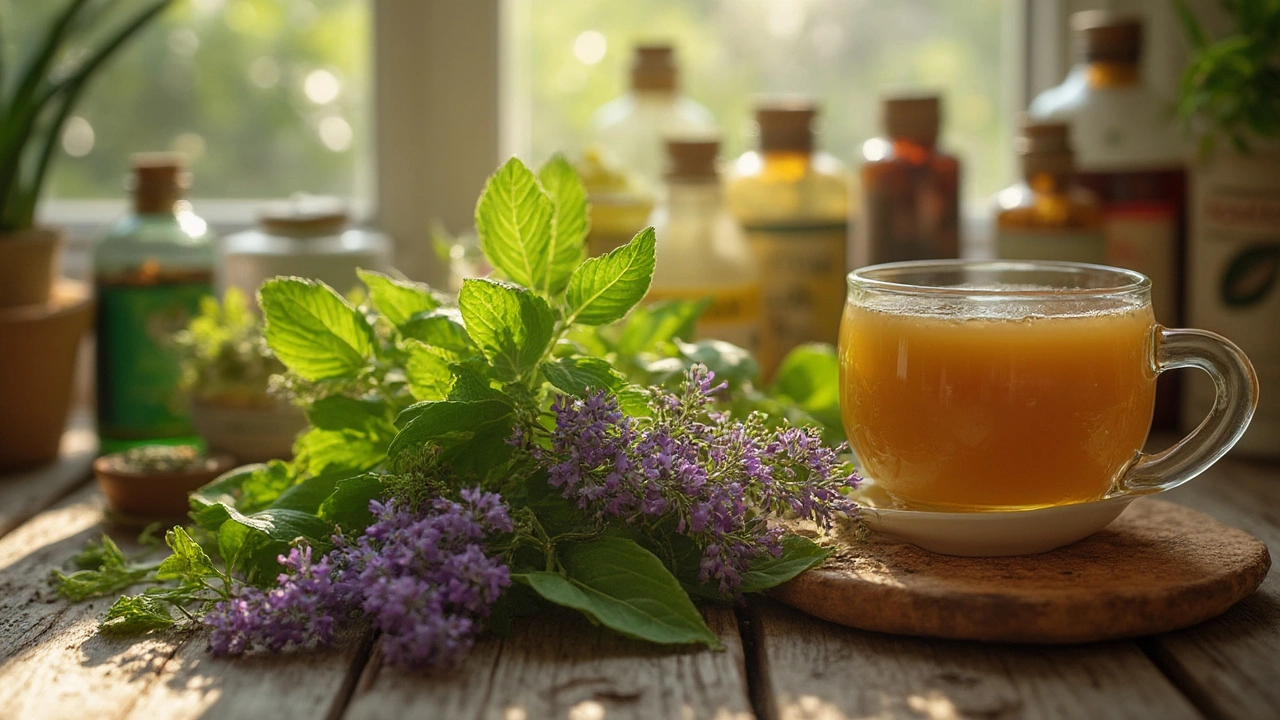Natural Health Guide: Safe Herbal Supplements & Practical Tips
Trying to stay healthy without a pharmacy trip? Lots of people turn to herbs, plant extracts, and other natural products hoping for a boost. The good news is you don’t have to guess – there are clear steps you can take to pick safe, effective options.
What to Look for Before You Buy
First, check the source. Reputable manufacturers list where the plant was grown, how it was harvested, and whether third‑party labs tested the final product. If a site only offers vague “pure” claims, treat it with caution. Next, read the label for active ingredients and dosage. For example, rust‑leaved rhododendron (Rhododendron ferrugineum) contains grayanotoxins that can cause heart issues if taken in high amounts. Knowing the exact amount helps you stay within a safe range.
Second, verify any health claims. If a supplement says it “cures” a disease, that’s a red flag. Look for statements backed by clinical studies or official health authority references. Our own guide on Mercury Herb walks you through the limited evidence and highlights the legal restrictions in the UK, so you can decide if it’s worth trying.
Popular Natural Options and Their Real Benefits
Some herbs have a solid track record. Turmeric, for instance, contains curcumin, which research shows can reduce inflammation when taken with black‑pepper extract. Meanwhile, Vitamin D from sun‑exposed mushrooms supports bone health without the risk of overdose that you might see with synthetic steroids.
Other products, like certain “herbal antidepressants,” need more scrutiny. Our article on Mirtazapine (a prescription drug) reminds readers that swapping a proven medication for an untested herb can backfire. Always discuss any switch with a healthcare professional.
If you’re curious about a specific supplement, start with our detailed how‑to guides. Whether you’re buying rust‑leaved rhododendron, mercury herb, or a standard multivitamin, the steps are the same: verify the pharmacy or retailer, check the certification, and compare prices to avoid scams.
Finally, remember that natural doesn’t always mean harmless. Some plants interact with prescription drugs – for example, St. John’s wort can lower the effectiveness of birth control pills. Use a simple checklist: list your current medicines, note any herb you plan to add, then run a quick search or ask a pharmacist.
By staying curious, asking the right questions, and relying on evidence‑based resources, you can enjoy the benefits of natural health without putting yourself at risk. Dive into the posts below for deeper dives on specific supplements, safety tips, and alternative options that fit your lifestyle.
-
Comfrey Benefits: Unlock the Power of Natural Wellness Supplements
Comfrey is the secret star in dietary supplements, offering unique natural benefits and possible health boosts. Discover how to use comfrey safely for your wellness routine.
